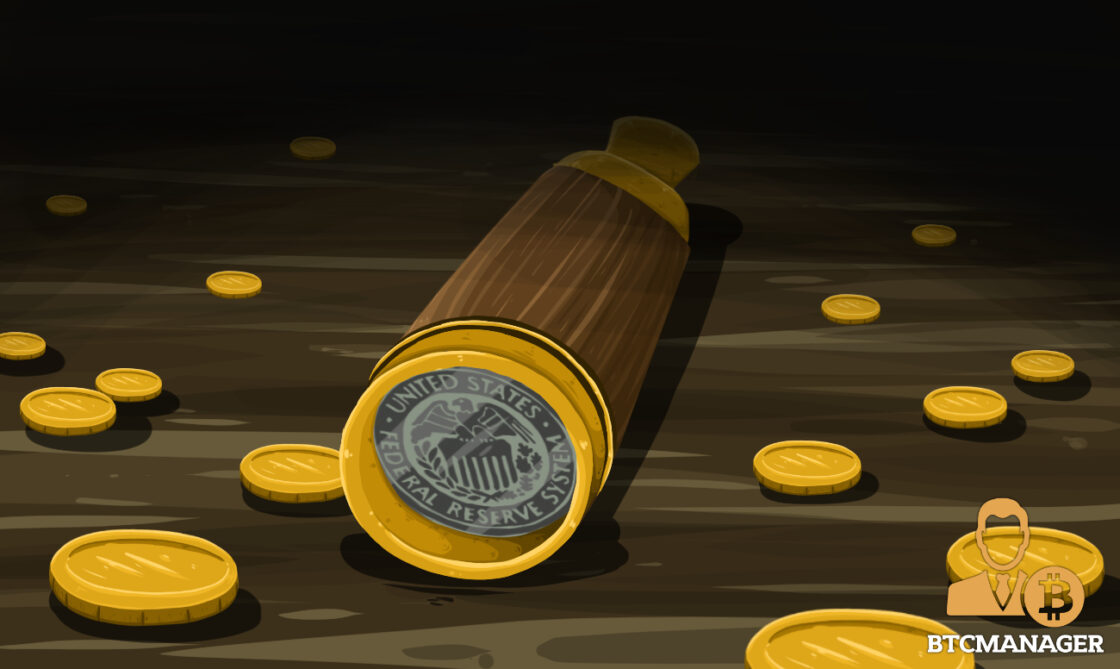PALO ALTO, Calif. (Reuters) - The Federal Reserve is looking at a broad range of concerns around digital payments and currencies, including policy, design and legal factors to consider around potentially issuing its own digital currency, Governor Lael Brainard said on Wednesday. Brainard's remarks recommend more openness to the possibility of a Fed-issued digital coin than in the past." By changing payments, digitalization has the potential to deliver higher value and benefit at lower cost," Brainard stated at a conference on payments at the Stanford Graduate School of Service.
Reserve banks globally are debating how to manage digital finance innovation and the distributed ledger systems used by bitcoin, which guarantees near-instantaneous payment at potentially low cost. The Fed is developing its own round-the-clock real-time payments and settlement service and is presently evaluating 200 comment letters sent late in 2015 about the proposed service's design and scope, Brainard said.
Less than 2 years ago Brainard told a conference in San Francisco that there is "no compelling showed need" for such a coin. However that was before the scope of Facebook's digital currency aspirations were commonly known. Fed officials, including Brainard, have actually raised concerns about consumer protections and data and privacy dangers that might be posed by a currency that might enter usage by the 3rd of the world's population that have Facebook accounts.
" We are teaming up with other central banks as we advance our understanding of reserve bank digital currencies," she stated. With more nations checking out providing their own digital currencies, Brainard said, that adds to "a set of reasons to likewise be making certain that we are that frontier of both research study and policy advancement." In the United States, Brainard said, problems that need study consist of whether a digital currency would make the payments system more secure or simpler, and whether it could position monetary stability risks, consisting of the possibility of bank runs if money can be turned "with a single swipe" into the main bank's digital currency.
To counter the financial damage from America's unprecedented national lockdown, the Federal Reserve has actually taken extraordinary steps, consisting of flooding the economy with dollars and investing directly in the economy. Most of these moves got grudging acceptance even from many Fed doubters, as they saw this stimulus as required and something just the Fed could do.

My brand-new CEI report, "Government-Run Payment Systems Are Risky at Any Speed: The Case Against Fedcoin and FedNow," information the risks of the Fed's existing plans for its FedNow real-time payment system, and propositions for central bank-issued cryptocurrency that have been dubbed Fedcoin or the "digital dollar." In my report, I discuss concerns about privacy, information security, currency control, and crowding out private-sector competition and innovation.
Proponents of FedNow and Fedcoin say the government must create a system for payments to deposit immediately, instead of motivate such systems in the economic sector by lifting regulatory barriers. But as noted in the paper, the private sector is providing a relatively unlimited supply of payment innovations and digital currencies to resolve the problemto the extent it is a problemof the time gap between when a payment is sent and when it is received in a bank account.
And the examples of private-sector innovation in this location are many. The Clearing House, a bank-held cooperative that has actually been routing interbank payments in various types for more than 150 years, has actually been clearing real-time payments because 2017. By the end of 2018 it was covering 50 percent of the deposit base in the U.S.